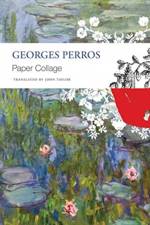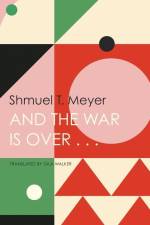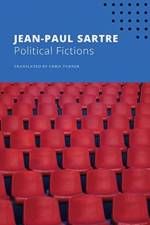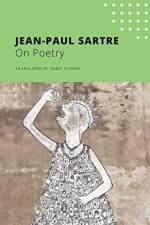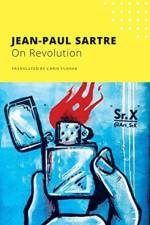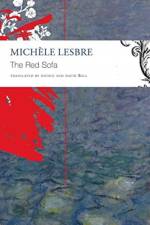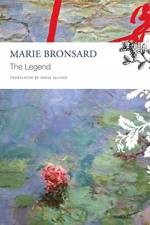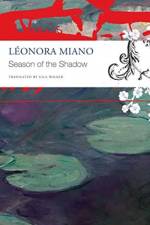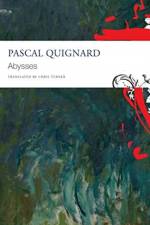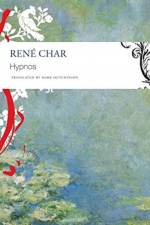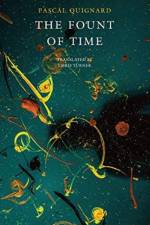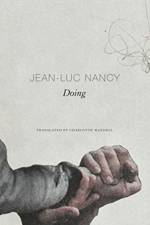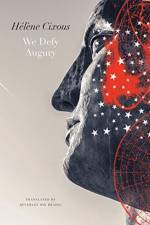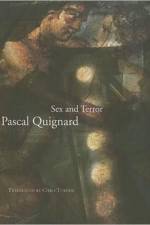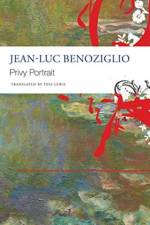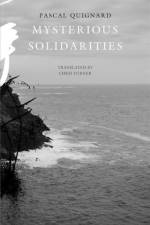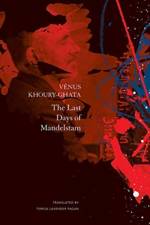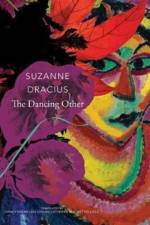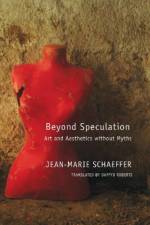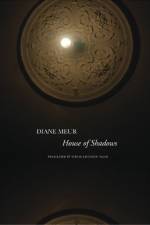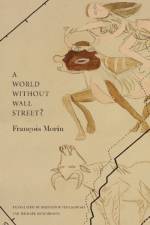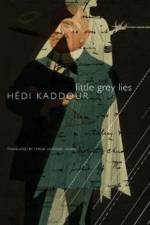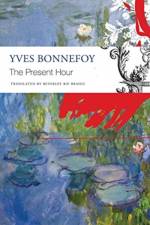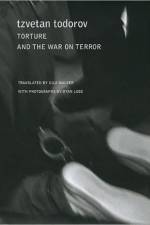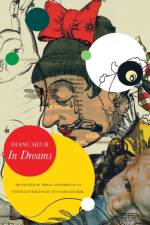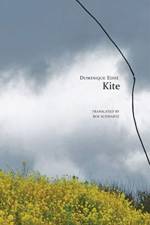av Helene Cixous
287
We defy augury. Thereâ¿s a special providence in the fall of a sparrow. If it be now, â¿tis not to come â¿ the readiness is all. Under the sign of Hamletâ¿s last act, Hélÿne Cixous, in her eightieth year, launched her new bookâ¿and the latest chapter in her Human Comedy, her Search for Lost Time. Surely one of the most delightful, in its exposure of the seams of her extraordinary craft, We Defy Augury finds the reader among familiar faces. In these pages we encounter Eve, the indomitable mother; Jacques Derrida, the faithful friend; children, neighbors; and always the literary forebears: Montaigne, Diderot, Proust, and, in one moving passage, Erich Maria Remarque. We Defy Augury moves easily from Cixousâ¿s Algerian childhood, to Bacharach in the Rhineland, to, eerily, the Windows on the World restaurant atop the World Trade Center, in the year 2000. In one of the most astonishing passages in this tour-de-force performance of the art of digression, Cixous proclaims: âMy books are free in their movements and in their choice of routes [â¿] They are the product of many makers, dreamed, dictated, cobbled together.â? This unique experience, which could only have come from the pen of Cixous, is now available in English, and readers are sure to delight in this latest work by one of Franceâ¿s most celebrated writer-philosophers. Â

